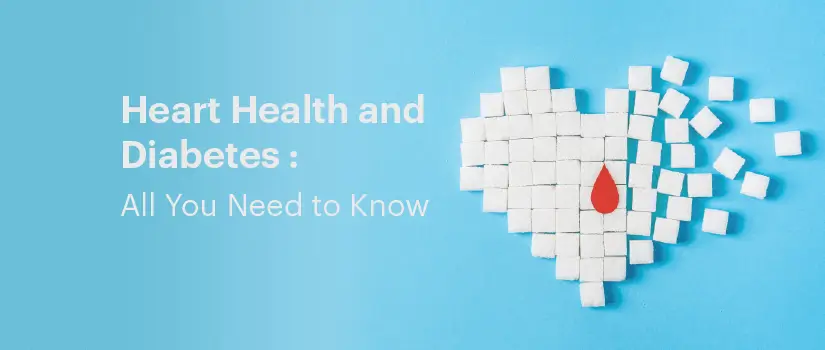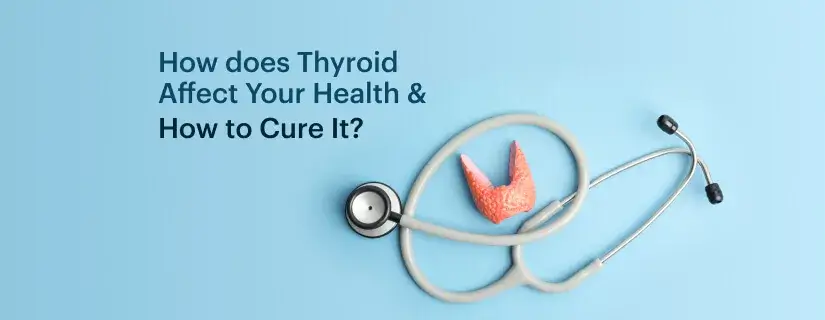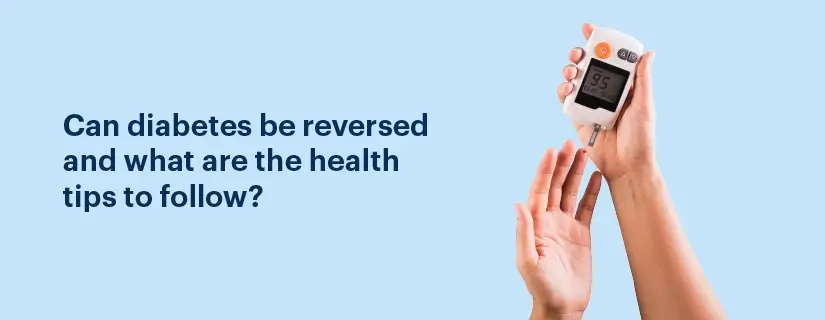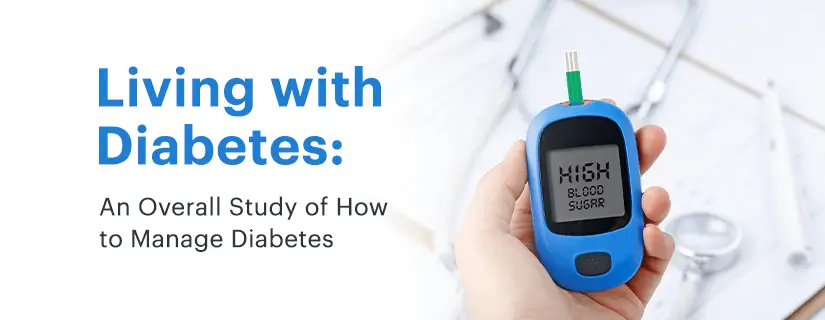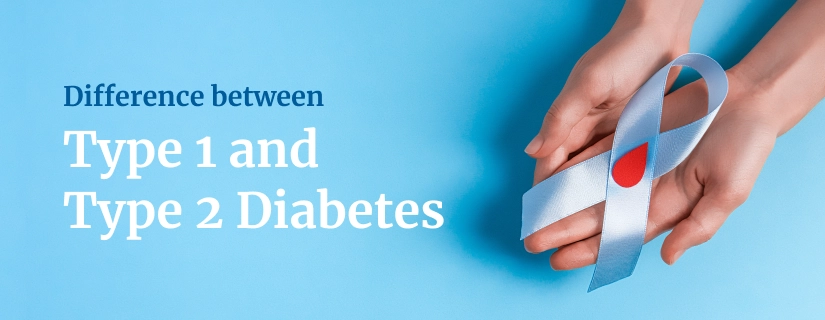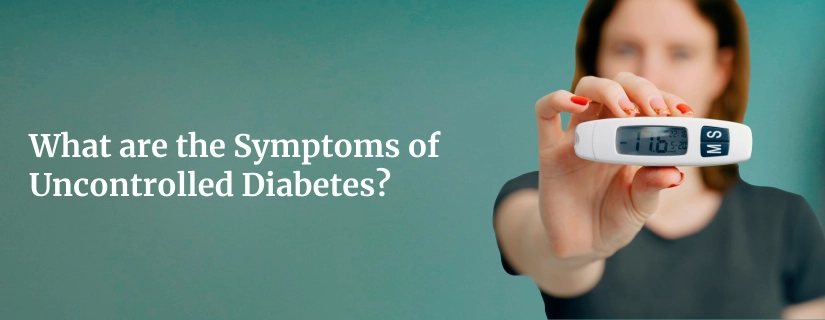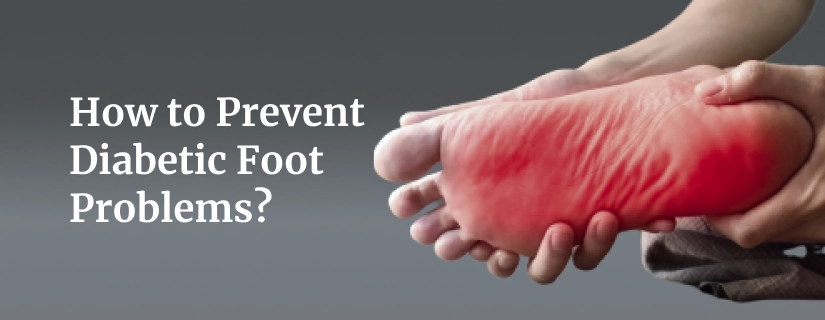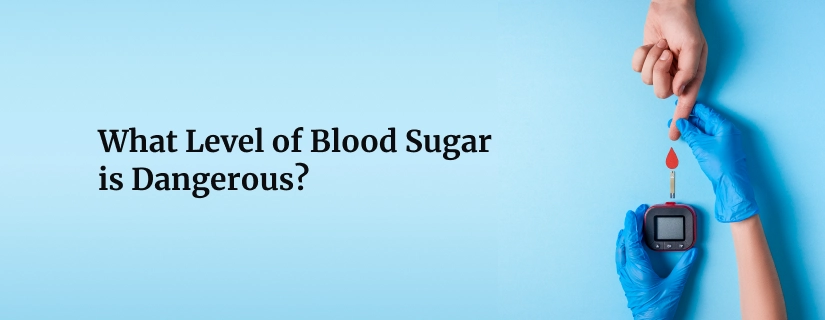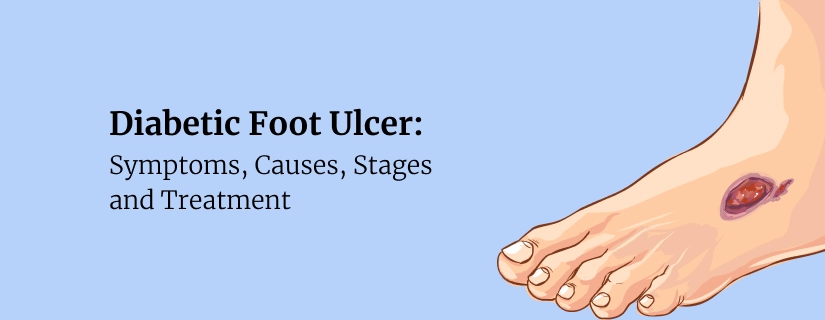-
Doctors
-
Specialities & Treatments
Centre of Excellence
Specialties
Treatments and Procedures
Hospitals & Directions HyderabadCARE Hospitals, Banjara Hills CARE Outpatient Centre, Banjara Hills CARE Hospitals, HITEC City CARE Hospitals, Nampally Gurunanak CARE Hospitals, Musheerabad CARE Hospitals Outpatient Centre, HITEC City CARE Hospitals, Malakpet
HyderabadCARE Hospitals, Banjara Hills CARE Outpatient Centre, Banjara Hills CARE Hospitals, HITEC City CARE Hospitals, Nampally Gurunanak CARE Hospitals, Musheerabad CARE Hospitals Outpatient Centre, HITEC City CARE Hospitals, Malakpet Raipur
Raipur
 Bhubaneswar
Bhubaneswar Visakhapatnam
Visakhapatnam
 Nagpur
Nagpur
 Indore
Indore
 Chh. Sambhajinagar
Chh. SambhajinagarClinics & Medical Centers
Book an AppointmentContact Us
Online Lab Reports
Book an Appointment
Consult Super-Specialist Doctors at CARE Hospitals
10 Myths And Misbeliefs About Diabetic Foot Ulcer
Updated on 9 January 2024
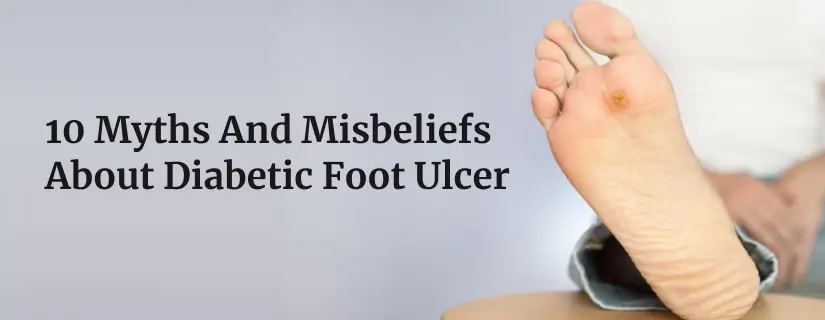
For people living with diabetes, foot ulcers are a common complication that poses real health risks. Ulcers occur when skin tissue breaks down, exposing the inner layers underneath. They can be extremely painful, visually unappealing, and may lead to hazardous infections or even amputation.
Given these potentially severe consequences, it is surprising that many patients do not seek treatment before their condition worsens. This article will highlight some prevalent myths and misconceptions about diabetic foot ulcers.

What Is A Common Wound On The Foot For People With Diabetes?
The most common issue encountered is the diabetic foot ulcer - a crack/corn/callous in the foot. Foot ulcers can arise from minor scrapes, cuts, or friction from improperly fitted shoes rubbing the skin. It is vital to treat these wounds as soon as they are noticed.
Why Are People With Diabetes At Higher Risk Of Foot Wounds?
Most often, diabetic patients face increased risk because many have a condition called diabetic peripheral neuropathy. This occurs when the feet lose sensation due to prolonged periods of high blood sugar.
When this happens, an individual may step on a sharp object or a hot surface or have a stone in their shoe without noticing due to lack of sensation. So they continue walking until the area breaks down into an open sore or ulcer.
Moreover, elevated blood sugar levels impair healing. This poses an added complication, which is why diligently monitoring foot wounds is extremely vital for diabetes patients.
10 Myths And Misbeliefs About Diabetic Foot Ulcers
- Myth 1: Alcohol or Hydrogen Peroxide Should Be Used on Ulcers
- While these can disinfect minor one-time wounds like skinned knees, they are ineffective for long-term diabetic ulcer care and healing.
- In fact, prolonged use is cytotoxic, destroys both unhealthy and healthy cells, thereby impeding healing.
- Myth 2: Soaking Ulcers is Beneficial
- Soaking open diabetic foot ulcers increases the risk of bacterial infection.
- Conversely, showering rinses away bacteria and debris and prevents adherence of bacteria to the wound, thus benefiting ulcers.
- Myth 3: Wounds Require Air Exposure to Heal
- This belief that wounds need to be exposed to air to heal has been passed down through generations.
- However, research demonstrates that keeping diabetic foot ulcers moist helps them heal up to five times faster than dry wounds.
- It is recommended to apply topical medication and keep the wound covered with a bandage or dressing 24 hours a day.
- Myth 4: Antibiotics Should Be Used on All Ulcers
- The Infectious Disease Society and other experts recommend against using antibiotics if no infection is present.
- People with diabetes already have increased risks of developing antibiotic resistance.
- Antibiotics should only be utilised if the wound shows signs of infection.
- Myth 5: Sedentary Individuals Have Low Risk of Foot Ulcers
- While it may intuitively seem that very active individuals have a higher risk of developing foot ulcers, this is not necessarily true.
- Foot ulcers can occur in anyone, including sedentary individuals, due to causes such as minor cuts, scrapes, or ill-fitting shoes that cause friction and irritation of the skin.
- It is important to see a doctor if an ulcer develops on the feet, especially for those with diabetes.
- To help prevent foot ulcers, proper fitting footwear should be worn and feet should be checked regularly for any abnormalities.
- Myth 6: Don’t Worry About Ulcers That Are Painless
- Diabetic neuropathy, or nerve damage, often causes numbness in the extremities, which can mask injuries to the feet. Painless ulcer is warning sign that disease has progressed and needs immediate treatment.
- This is why it is crucial to conduct thorough daily foot exams to identify any abnormalities, or sores, early on before they potentially worsen.
- Detecting ulcers early and timely treatment is key.
- Myth 7: Delay Treatment Pending Wound Progression
- Postponing medical treatment for diabetic foot ulcers can result in grave complications, potentially necessitating amputation.
- Optimal intervention involves addressing ulcers immediately upon first signs of occurrence.
- Professionals recommend treatment during the earliest stages of ulcer development whenever feasible.
- Allowing lesions to advance prior to seeking care is inadvisable.
- Prompt diagnosis and treatment are essential to prevent worsening of the condition.
- Myth 8: Diabetic Foot Infections Universally Exhibit Redness and Pain
- Contrary to prevailing assumptions, infections of the diabetic foot may frequently manifest without redness or pain because of related neuropathy and inadequate circulation.
- The expected swelling and redness are usually reduced. Moreover, reduced immunity in diabetes limits abscess formation.
- Signs of infection can be atypical due to the complex physiological changes accompanying this disease.
- Clinical diagnosis requires thorough examination, recognising that classic symptoms may be absent.
- Patient education should stress reporting any problems, even if there are no usual signs of infection.
- Myth 9: A Select Few Bacterial Strains Cause Diabetic Foot Infections
- In reality, various bacteria may contribute to diabetic foot infections, including gram-positive, gram-negative, aerobic, and anaerobic strains, either individually or in combination.
- The complex nature of microbiology cannot be simplified easily.
- A misconception that only specific bacterial varieties are pathogenic hampers clinical and diagnostic accuracy.
- Healthcare providers must maintain a comprehensive perspective when considering potential infectious causes in this vulnerable population.
- Similarly, patients should understand the extensive range of bacteria that could underlie podiatric infections related to their diabetes.
- An expansive view promotes the timely identification and tailored treatment of the specific organisms involved in a given infection.
- Myth 10: Broad-spectrum Antibiotics Are Optimal for Post-Diagnosis Treatment
- In actuality, when definitively identifying the precise pathogenic microbes cultivated from a wound, targeted antibiotic regimens directed by microbiology or infectious disease experts are favourable to expansive broad-spectrum agents for ongoing care.
- Tailored therapy is prudent to avoid unnecessary antibiotic exposure and collateral damage to benign flora.
- Indiscriminate broad treatment frequently breeds resistance and superinfection.
- Specialist guidance allows focused intercession against isolates alone, sparing patients antibiotic side effects and societies selection pressure.
- Hence, precise microbiological testing and pathogen-specific antibiotics should be the first line when managing diabetic foot infections, not empiric broad regimens.
- This nuanced approach improves outcomes while minimising antibiotic overuse.
Conclusion
In summary, foot ulcers are a common and potentially dangerous complication of diabetes that should not be taken lightly or ignored. Being aware of the facts and myths can help patients seek prompt treatment when needed, improving outcomes and quality of life. With vigilance and proper foot care, many ulcers and amputations can be prevented.

ENQUIRY FORM
SELECT CATEGORIES
-
Neurosciences (16)
-
Neurology (37)
-
Neurosurgery (14)
-
Orthopaedics (48)
-
Oncology (33)
-
Obstetrics and gynecology (51)
-
Pulmonology (23)
-
Urology (20)
-
Nephrology (13)
-
Psychiatry (7)
-
Dietetics and Nutrition (111)
-
General Medicine (63)
-
Cardiac Sciences (30)
-
Vascular & Endovascular Surgery and Interventional Radiology (10)
-
Gastroenterology (46)
-
Endocrinology (23)
-
Plastic Surgery (10)
-
Critical Care Medicine (5)
-
COVID-19 (16)
-
Dermatology (16)
-
Emergency Care (1)
-
Ophthalmology (4)
-
Pediatrics (14)
-
Laparoscopic and Bariatric Surgery (8)
-
ENT (15)
-
Kidney Transplant (1)
-
Liver Transplantation and Hepatobiliary Surgery (5)
-
General Surgery (3)
-
Internal Medicine (5)
-
Medicine Information
What Helps Diabetic Wounds Heal Faster?
Hyperthyroidism in Men: Causes, Symptoms and Treatment
YOU MAY ALSO LIKE
RECENT BLOGS
-

Direct Anterior Approach in Total Hip Replacement: Advantages and Challenges
10 April 2025
Read More
-

Zinc Deficiency: Signs and Symptoms, Causes, Treatment
9 April 2025
Read More
-

Chest Pain When Coughing: Causes, Treatment and Home Remedies
9 April 2025
Read More
-

12 Health Benefits of Eating Mushrooms
8 April 2025
Read More
-

7 Health Benefits of Blood Donation You Should Know About
8 April 2025
Read More
-

Implantation Bleeding Vs Periods: Know the Difference
28 February 2025
Read More
-

Bloating During Ovulation: Symptoms, Causes and Remedies
28 February 2025
Read More
-

Itching During Dengue: Causes, Treatment and Home Remedies
18 February 2025
Read More
Have a Question?
If you cannot find answers to your queries, please fill out the enquiry form or call the number below. We will contact you shortly.




